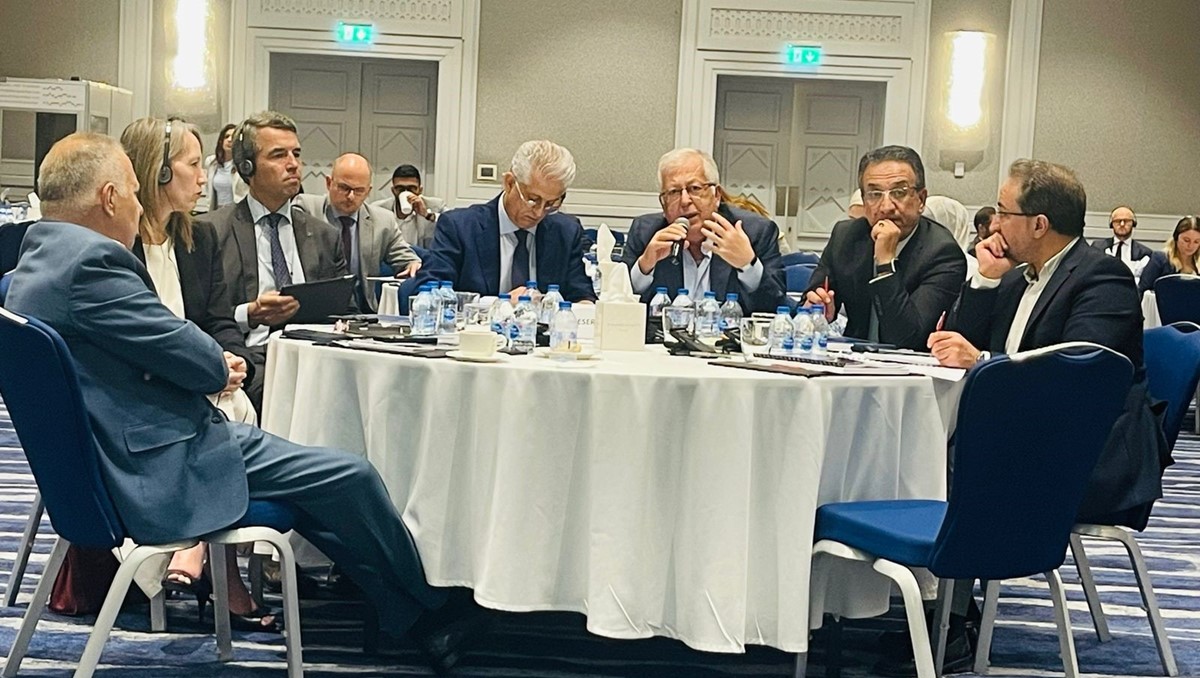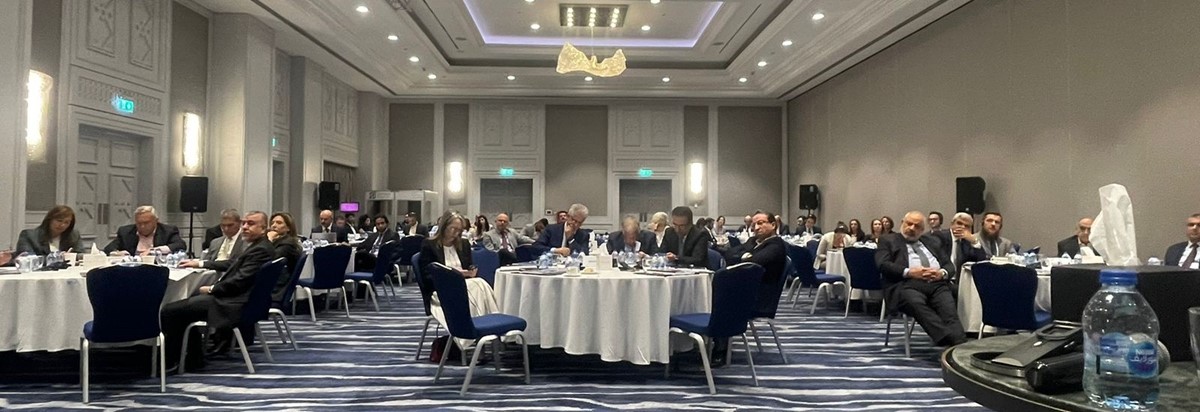AMMAN – In a recent survey conducted by
NAMA Strategic Intelligence Solutions in partnership with the Conrad Adenauer Foundation, the
fourth round of an external relations survey has been launched in Jordan. This
comprehensive survey aims to explore evolving Jordanian perspectives on their
country's foreign relations, as well as their views on international affairs
and regional geopolitical dynamics.
اضافة اعلان
And here are the recent findingsHow non-Jordanians perceive JordanOne noteworthy finding from this survey is
how non-Jordanians perceive Jordan. A majority of respondents from outside
Jordan emphasized the significance of Jordanians' sense of security,
generosity, and hospitality toward refugees. They also recognized the country's
appeal as a
tourism destination.
Sentiments towards foreign policies
Shifting to Jordanians' sentiments regarding
their country's foreign policies and their alignment with these policies, a
majority expressed satisfaction. However, many Jordanians believe that Jordan's
regional influence has diminished due to economic conditions,
regional conflicts, and other factors. They stressed the importance of prioritizing
economic development, attracting investment, and playing a more prominent role
in international partnerships to bolster Jordan's regional standing.
Preferred destinations are U.S., Germany, and
Saudi Arabia
Regarding preferred destinations, the United
States ranked highest, followed by Germany and Saudi Arabia, for purposes such
as medical treatment, higher education, tourism, business, and trade. In terms
of foreign political figures respected by Jordanians,
President Erdogan of
Turkey was mentioned most frequently, followed by Mohammed bin Salman, Vladimir
Putin, King Salman, and Qatar's Emir Tamim.
 Two-thirds of Jordanians expressed support
for reducing relations with Israel
Two-thirds of Jordanians expressed support
for reducing relations with Israel
The survey also revealed positive opinions
about Saudi Arabia, considered Jordan's closest ally, followed by the United
States, Palestine, and the United Kingdom. The importance of maintaining or
enhancing relations with countries like Russia, Syria, Iran, and Israel was
highlighted, albeit to varying degrees. Approximately two-thirds of Jordanians
expressed support for reducing relations with Israel, while most were undecided
about whether to maintain or reduce relations with Iran.
Diplomatic relations
In terms of diplomatic relations, the
majority suggested that Saudi Arabia should be the starting point for royal
international visits to Arab countries. For Europe, royal international visits
should commence with the United Kingdom and Germany, while China was
recommended as the starting point for visits to Asia. The United States, with a
significant impact on Jordan, received the highest rating from the majority. In
terms of economic supporters of Jordan, the United States led the list,
followed by Saudi Arabia, China, and the United Arab Emirates.
The majority of Jordanians perceive the
Middle East region as unstable and insecure, with a notable increase in those
who now view the region as stable and secure. Israel was considered the most
significant security threat, followed by Iran and the United States. Jordanians
see Israel as the foremost threat to Jordan, followed by Syria and Iran.

The survey showed significant shifts in
Jordanians' alignments in regional and global conflicts. A significant majority
now believes that Jordan should support Saudi Arabia in the event of a conflict
with Iran. When it comes to the U.S.-Russia competition, 45 percent believe
Jordan should align with the U.S., compared to 11 percent in 2021.
How the study was conducted
The study further confirms that Jordan's
foreign policy, under the leadership of His Majesty King Abdullah, aligns with
the sentiments of the Jordanian public, as seen during previous regional
challenges. The study focused on a sample of Jordanian individuals aged 18 and
above, designed to yield reliable survey estimates across the entire
geographical expanse of Jordan.
Regarding the survey's inquiries about the
foremost priorities in Jordan's foreign policy, economic development and growth
were expected to be central. However, the responses revealed different
perspectives, with only a small percentage emphasizing economic development,
investment attraction, and job creation. Similarly, a minority highlighted
promoting Jordan globally for tourism and securing support for improving
services for the Jordanian population.
Fares Braizat, chairman of NAMASIS,
emphasized the importance of these annual surveys in understanding Jordanians'
opinions about their country's foreign relations. He noted that while
impressions may change over time, the overall nature of beliefs tends to remain
consistent. These studies play a crucial role in informed decision-making and
policy formulation.
Read more Features
Jordan News






